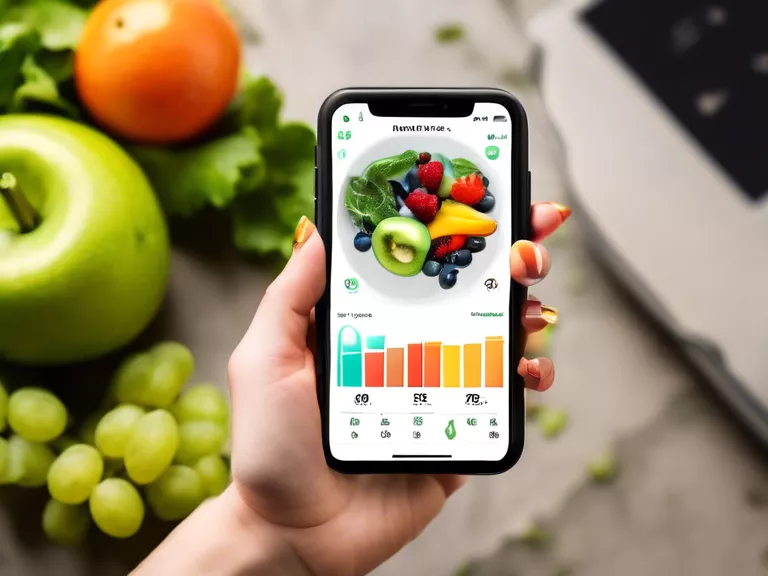
With the rise of technology, more and more people are turning to fitness tracking apps to help them stay healthy and active. But in addition to tracking steps and workouts, these apps are now integrating nutrition features to provide a complete wellness plan. By combining fitness tracking and nutrition information, users can get a more comprehensive view of their health and make better choices for their overall well-being.
Fitness tracking apps that include nutrition features allow users to log their meals and track their daily calorie intake. This gives them a better understanding of the balance between the calories they consume and the calories they burn through exercise. Some apps even provide meal suggestions and recipes based on users' dietary preferences and goals. This integration of nutrition information helps users make healthier choices when it comes to food and can ultimately improve their overall fitness and well-being.
In addition to tracking calories, fitness apps are also incorporating features that help users monitor their macronutrient intake. By tracking not just calories, but also the ratio of carbohydrates, proteins, and fats in their diet, users can ensure they are getting the right balance of nutrients to support their fitness goals. This level of detail can be especially beneficial for athletes and fitness enthusiasts who may have specific dietary requirements to fuel their workouts and aid in recovery.
Overall, the integration of nutrition features into fitness tracking apps allows users to take a more holistic approach to their health and wellness. By providing information on both exercise and diet, these apps empower users to make informed decisions about their lifestyle choices. Whether someone is looking to lose weight, build muscle, or simply maintain a healthy lifestyle, having access to nutrition information in addition to fitness tracking can help them achieve their goals more effectively.



